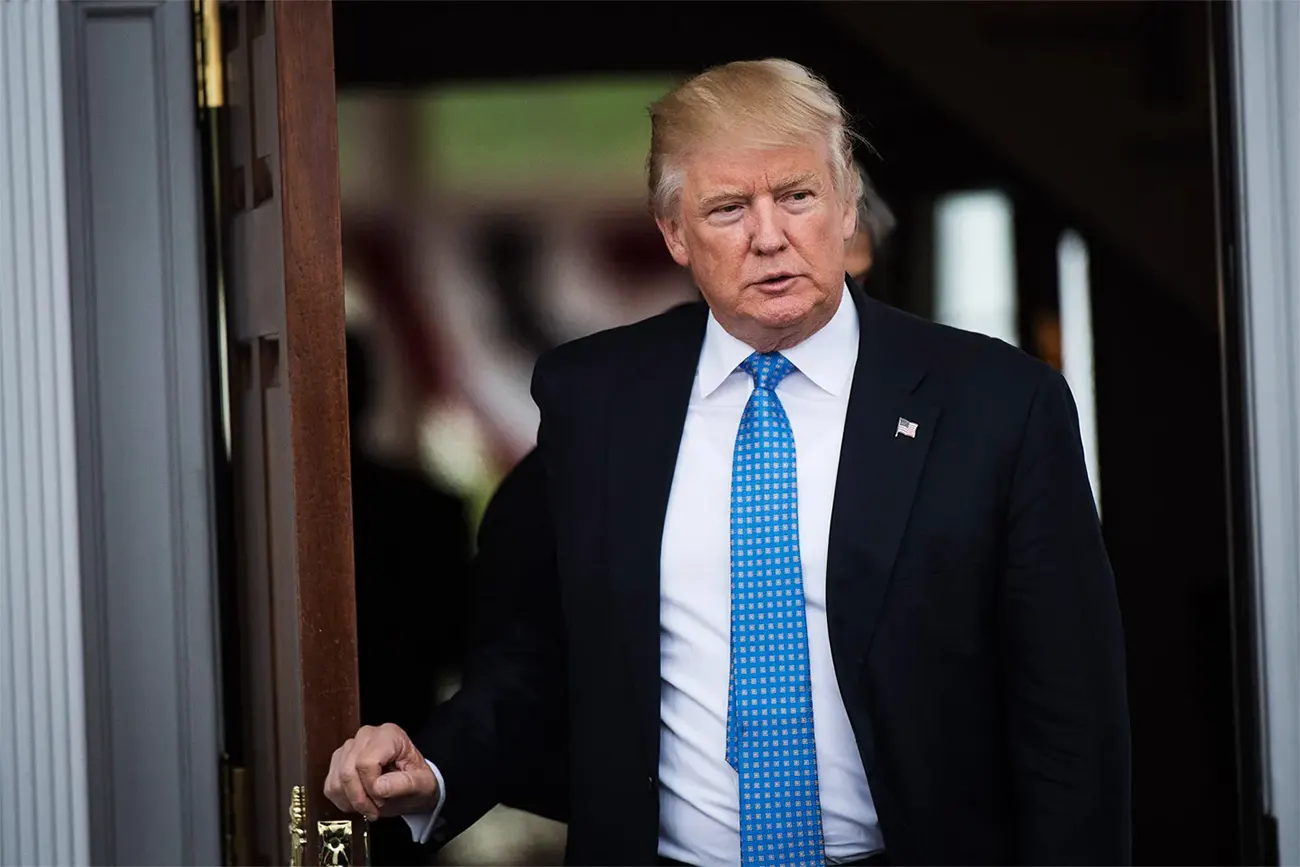Pending Verdict in New York Civil Fraud Trial and D.C. Circuit Court Appeal Keep Trump’s Future Hanging in the Balance
In a critical juncture of his post-presidential life, Donald Trump awaits two pivotal court rulings that could reverberate through his financial, business, legal, and political realms. The first centers on Judge Arthur Engoron’s imminent decision in Trump’s New York civil fraud trial, a verdict that carries the potential of imposing a staggering $370 million fine on the former president and barring him from conducting business in New York.
Simultaneously, more than three weeks have elapsed since the D.C. Circuit Court of Appeals heard arguments concerning Trump’s claim of absolute immunity in a federal interference case, stemming from allegations of stealing classified documents. This delay provides Trump with the time he desires to sidestep a trial before the forthcoming November election.
Originally, prospective jurors were scheduled to appear next week to complete a written questionnaire for the jury selection process, with a trial slated to commence on March 4th. However, this timeline now hangs in the balance due to ongoing legal proceedings.
To offer insights into these critical cases, Melissa Murray, a professor of law at New York University and MSNBC legal analyst, weighs in on the situation.
During the oral argument, the most provocative moment arose when Trump’s lawyer hinted at the possibility of utilizing military force, such as SEAL Team 6, against opponents. This shocking revelation underscores the gravity of these legal battles and raises fundamental questions about the accountability of a sitting president for egregious actions.
Murray expresses surprise at the protracted delay since the D.C. Circuit Court’s oral argument, emphasizing that each day that passes plays into Trump’s hands by pushing the trial further from its originally scheduled date. She notes that Trump appears to be employing a strategy of delay to evade these legal challenges.
Politico highlights that even if the appeal is resolved in favor of Trump, the earliest trial date may be pushed to late April, with the potential for further extensions into the summer or fall, or even beyond the November election, contingent on various factors, including potential Supreme Court involvement.
The calendar is becoming increasingly intertwined with these legal proceedings, given the Republican National Convention in July and Election Day on November 5th. The possibility looms that the American people may know Trump as the nominee but remain uncertain about his legal immunity or accountability.
Murray emphasizes that the judges handling these cases must consider the urgency of these matters and their broader implications. The delay in issuing rulings raises concerns about the lack of urgency within the appellate division and the appellate world.
Regarding the case involving classified documents, the prosecution faces the challenge of proving guilt when the defendant possesses the documents but did not disclose them. However, the complexity arises from the classified nature of the evidence and the need to ensure security during the trial.
Murray points out that the judge handling this case is relatively inexperienced and a Trump appointee, but her lack of experience is the primary concern. The intricacies of dealing with classified evidence require a judge with significant experience in criminal trials, which she may not possess.
As the days tick by, the stakes grow higher for Donald Trump. These pending rulings will undoubtedly shape his legal and political future, with implications that extend far beyond his own interests. The American people await these decisions with bated breath, as they could significantly impact the course of the upcoming election and the nation’s perception of justice and accountability.


